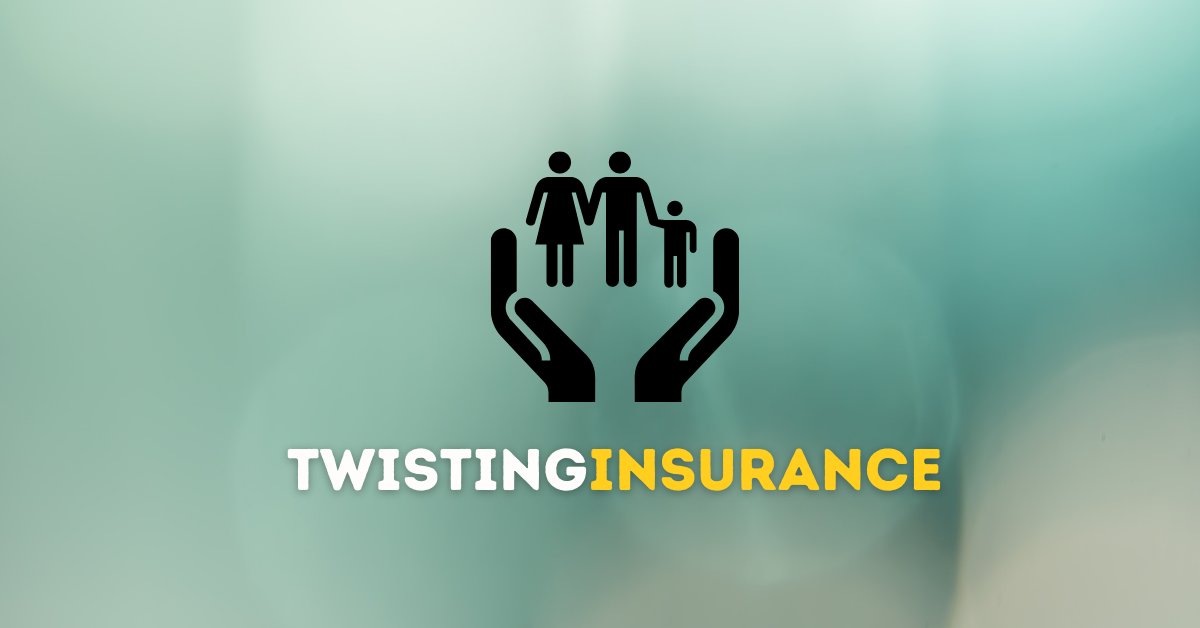Twisting in insurance is when an insurance agent or broker tries to persuade someone to make a change to their policy. This is not only unethical, it is illegal in most states. Additionally, agents who engage in twisting can be prosecuted for general fraud. Fortunately, the laws regarding twisting are becoming less severe. Read on to learn about the different ways you can stop agents and brokers from deceiving you.
Insurance agents can make false claims about their products or services to their customers. They can use misleading tactics to get customers to change companies or replace coverage with a different policy. The motive is usually to increase their commissions. Other insurance twisting schemes are called "sliding" or "churning," and involve charging customers for additional insurance products they didn't ask for or thought they were receiving for free.
Whether you're buying insurance online or at a local insurance agency, you can prevent twisting by understanding the terms and conditions of your policy and getting all of the documents in writing. While these methods aren't foolproof, they're a good start. The best way to avoid insurance policy twisting is to call your agent and ask him or her to explain any confusing terms to you. Remember, a good agent will not want to make you feel uncomfortable.
A good insurance agent will disclose all the details of your policy, including its benefits and disadvantages. In addition to providing you with the terms and conditions of your policy, your agent will also give you a disclosure statement. This document is essential for understanding the costs and benefits of the plan. Your insurance advisor will need to disclose every detail about the new policy to protect his or her client's financial well-being.
If you've ever had a difficult time choosing an insurance policy, you might be the victim of insurance policy twisting. This happens when an agent makes you feel uncomfortable about your decision and is trying to persuade you to change. You should ask your insurance agent to explain everything in detail before you sign anything. This is an indication of the agent's disinterest in your decision. The agent is not putting you in a position to make a final decision.
Insurance agents will use twisting tactics to persuade you to change your insurance policy. Many agents will offer you an incentive to switch policies by promising higher premiums and lower deductibles. But this is not a scam. Instead, it's a scheme designed to make money by taking advantage of your inability to resist. The twisting agent may even take your existing insurance policy for a spin.
When an insurance agent twists an insurance policy to make more money, he or she may be giving you inaccurate information about the coverage that you're entitled to. This tactic is not a good idea. The insurance agent may be putting the customer in a worse position than you were in before. It's always better to buy a policy that's more comprehensive than the one you've had before.
Insurers engage in twisting when they pay out more than the value of the claim made by the insured. This happens when insurance agents fail to understand the financial strength of their current insurer. This can happen due to several reasons, such as government regulations, policy changes, and a lack of understanding on the part of the carriers. Twisting is a major problem in insurance and should be addressed as quickly as possible.
TWISTING in insurance can be a serious matter for the consumer. When an insurance agent or broker misrepresents the value of an insurance policy, he or she is engaging in "insurance twisting." In this case, he or she may try to convince the consumer that the new policy is better than the current one. The agent might be promoting a different company as being more financially sound.
TWISTING IN INSURANCE - While some insurance policies can be sold through an insurance agent's reliance on the client's trust, the process is more complicated than that. For instance, if the agent claims the new policy will give the client a lower premium than the original, the agent might try to persuade the consumer to replace the current policy with a new one that will benefit them more financially.





0 Comments